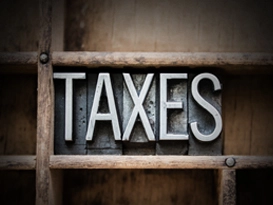Entry tax or tax on entry of goods in a local area for consumption, sale or use therein under Entry 52 of List II has been a subject-matter of huge dispute. For seven decades of the Constitution in play, there have been enormous litigation on the validity itself of entry tax. The validity arises on account of the concerns that these entry taxes are actually an impediment in the free flow of goods across the territories of a State or local areas.
Traditionally, the States have been imposing entry taxes whenever the goods are brought from outside their State or outside a particular local area. This actually means that a good which is manufactured in a particular State A when it is brought for sale in State B, it is suffering higher taxes on account of entry tax. Therefore, it has been a subject-matter of huge challenge. The Supreme Court devised a mechanism which was called as compensatory test in order to examine the legal validity of an entry tax. However, this test itself was disputed on various grounds. It was only in the year 2016 that a nine-judge Bench of the Supreme Court in Jindal Stainless Steel declared that neither compensatory tests nor any other impediment can be imposed on the levy of entry taxes. Therefore, it would mean that entry tax can be imposed by the State without regard to any other factor. Considering that these taxes do have an affect on the free flow of goods across the territory of the country, the Constitution was amended to omit Entry 52 from List II which basically means the legislative subject itself is omitted from the Constitution. This would mean, that the States are no longer empowered to impose entry taxes and truly one can say that there is no tax for entry into a particular State or a particular area.

